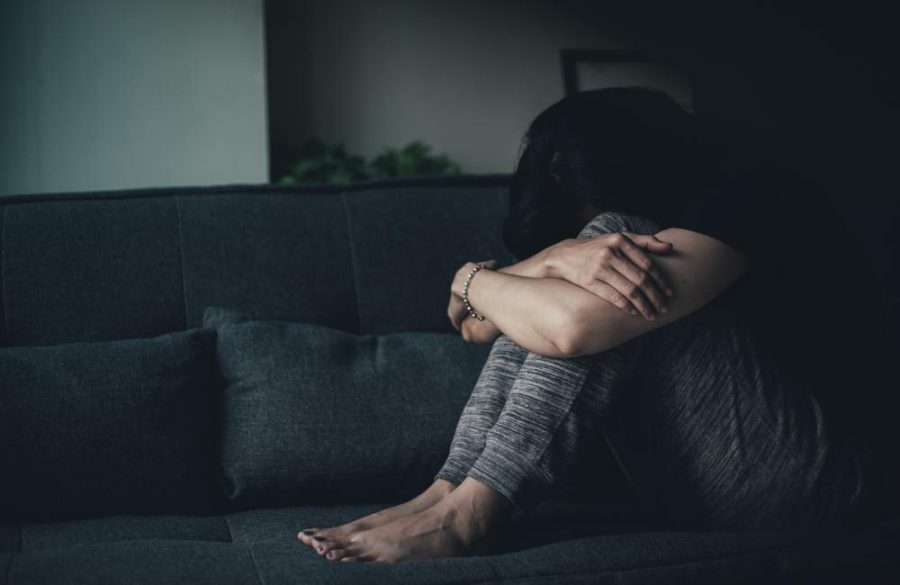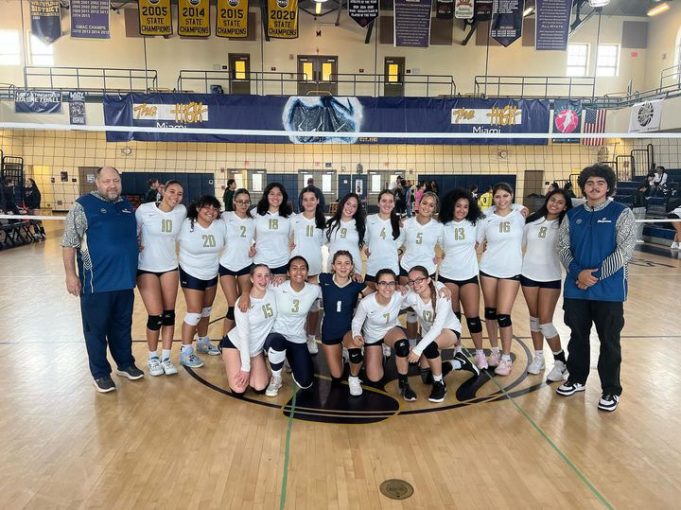Never In My Life Would I Have Seen It Coming
November 4, 2021
Suicide is death caused by self-inflicted injury and harm with the intent to die. Suicide is one of the top 10 leading causes of death in young people. According to an article titled “Suicide” written by Hannah Ritchie, Max Roser and Esteban Ortiz-Ospina, posted on <https://ourworldindata.org/suici de>, globally close to 800,000 people die from suicide every year. That’s one person every 40 seconds.
Suicide is one of the most tragic incidents that leave a lot of people in heartbreak and in confusion. A lot of teenagers and adults are suicidal and wonder what would happen if they just took their life away. A lot of people think differently about the topic of suicide when considering if it would be wrong of them to kill themselves as they had a whole life ahead of them that they just threw away or if it was okay as long as it made them finally feel happy and in peace.
How it begins
There are a lot of reasons why people decide to take their life. In an article titled “Suicide and Teens” published by Boston Children’s hospital <https://www.childrensh ospital.org/conditions-and-treatments/conditions/s/suicide-and-teens> the number one cause in the world is mental illness. People also take their life when they feel lonely, have no one to lean on, just lost a loved one and can’t move on from their death. Depression, anxiety, stress from work or school, bullying, past trauma, an abusive home, being an outsider, consumption of drugs and alcohol, feelings of worthlessness and uselessness, lack of support and love, and not feeling appreciated also cause people to end their lives.
A junior female here in Miami Senior High who would like to stay anonymous lost a loved one, specifically the guy that’s been her best friend since the 4th grade, back in May 2019 due to suicide. “Never in my life would I have seen that coming,” she said. She defined that person as being the cheerful one in the group. “He was always smiling and making people laugh with his goofy personality, and because he was so happy all the time the thought of him wanting to kill himself never once crossed my mind.”
She went on to say she was heartbroken when she found out that her childhood best friend was no longer with her, but the pain that she felt was nothing compared to what the parents felt as they had just lost their only child. “At first I was angry at the fact that he left knowing there were people here that loved him and for not thinking of his parents who are now suffering, and honestly till this day. I still don’t know why he decided to take his life away which is something I always ask myself and it’s very frustrating, but with time I’ve learned to forgive and comprehend. I haven’t fully healed from his loss, but I’m doing okay now. I do think of him from time to time and wonder what we would be doing right now if he was still alive.”
Are there any signs?
According to “Suicide and Teens” published by Boston Children’s hospital, there are two different types of suicidal people. The ones that act happy on the outside, always smiling and laughing to not let anyone know what they are truly feeling inside. They fear people will think bad of them or call them attention seekers yet when they are alone, they let out the pain they’ve been holding in all day. The others are the ones that simply don’t care anymore and that show no emotions at all. They might seem serious and quiet around people, but once alone the only emotion they show is hopelessness.
It can be hard to see the signs in suicidal people, but “Recognizing Suicidal Behavior” by Cleveland Clinic <https://my.clevelandclinic.org/health/articles/11352-recognizing- suicidal-behavior> stated that some common signals are withdrawing from others, choosing to be alone and avoiding friends, family members, and social activities. Another sign is losing interest or pleasure in activities they previously enjoyed. The person’s attitude or behavior might change, such as speaking or moving at unusual speed or slowness. They also suddenly become less concerned about their personal appearance. They sleep much more or much less than typical for that person. The person begins to put their personal business in order. This might include visiting friends and family members, giving away personal possessions, making a will, and cleaning up their room or home.
Freshman Nathalia Delgado hasn’t experienced the loss of a loved one yet, but she is constantly worrying for a friend who is suicidal. “Suicide is something that you don’t joke around with and although I don’t support it, I understand why they decide to do it,” she said.
Nathalia’s friend has some family issues going on at home, and she feels like a disappointment. “Her father is always nagging her telling her to do this and to do that. He expects her to be this perfect girl and she has tried, but always seems to fail.”
Nathalia recalls the first time her friend came crying to her and telling her how she’s sick and done with her father. “She told me how she felt like taking her life away but didn’t have the courage to since she didn’t want to leave her little brother behind.” Nathalia tries to always be there for her friend and gives her a shoulder to cry on. Even though her friend says that she won’t take her life away, Nathalia can’t seem to stop worrying.
How it Ends
The loss of a loved one can be devastating and difficult, but losing someone to suicide can add another level of pain to your grief especially to the sibling, the parent, or a best friend they left behind. You may feel guilty, wishing you’d done more to prevent their suicide, upset at yourself or others for having missed any clues to their intentions, or angry at your loved one for abandoning you without a goodbye.
Lawrence Robinson and Melinda Smith, M.A. authors of “Suicide Grief: Coping with a Loved One’s Suicide” <https://www.helpguide.org/articles/grief/coping -with-a-loved-ones-suicide.htm> wrote how many people grieving a suicide start to question the relationship they shared with the person, wondering why it wasn’t enough to keep them alive. Some even experience suicidal thoughts of their own and seek therapy to heal.
Letter for a special someone
I might not know you, and you might not know me, but whoever you are, know that you are special and important and that there is someone that loves you dearly. Your life matters and you have to show the world that you’re a fighter and a survivor. Life is tough and you might be going through something that I yet have no experienced, but everything will turn out alright. With time you’ll heal and improve. Things will get resolved so don’t give up just yet and don’t be afraid to seek help if you feel like you can’t handle it anymore. If you’re parents don’t support you on what you want to do or who you want to be, then seek help in school or in you’re friends. Life is full of adventures and amazing things we have yet not seen nor experienced. It’s too early to leave while we still have lots of years ahead of us stay strong. You can do it!





